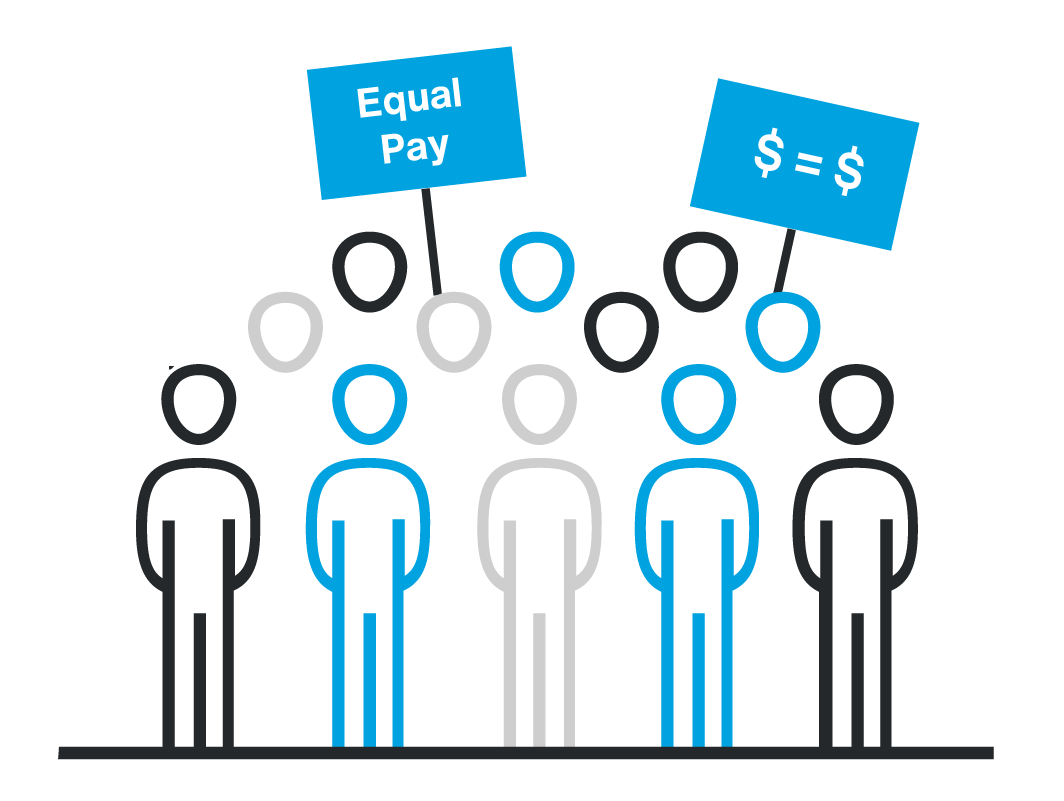
![]()
Oracle is in the spotlight for not disclosing the pay gaps between their male and female workers, further reinforcing just how critical it is for employers to not only disclose it but to identify any pay disparities that may exist as well create plans around achieving pay equity.
The tech giant is being sued by the federal government Office of Federal Contract Compliance Programs (OFCCP) as well as former employers for systematic pay discrimination.
The Department of Labor stated in their case that Oracle underpaid female, Asian and black employees working in certain roles by $401 million over the course of four years, cites a post by the Washington Post. During the hearing, DOL called upon 21 current and former Oracle employees to drive home just how real the pay discrimination is within the company.
For the third consecutive year, Pax World Funds is calling on Oracle to produce a report identifying whether a gender pay gap exists and how to fix it, according to a post by the Los Angeles Times. The request to have Oracle publish their pay gap is part of a larger effort to require many of the largest U.S. companies to disclose their pay data.
What’s more is that the complaint also alleges that Oracle destroyed data: “It also clarifies that data is missing due to Oracle’s refusal to keep, maintain and produce critical required information. Tellingly, discovery revealed that not only did Oracle refuse to produce key document and data it was required to keep during the compliance review and in discovery – it destroyed records relating to its hiring process as the case was ongoing.”
Oracle has responded stating they don’t discriminate on the basis of pay and has pointed to the company’s current CEO, Safra Catz, as proof. Additionally, the company filed a lawsuit alleging that the enforcement action taken upon them is unlawful and unconstitutional.
Oracle is not the only company to be in the spotlight regarding pay discrimination. Both large and small employers are facing significant challenges in achieving pay equity. And data is the source of the challenges.
Best practices suggest taking a proactive approach to the pay equity movement by proactively conducting a pay equity audit. This type of audit will tell you whether contractors have a pay equity issue that needs to be addressed. The process also identifies where there may be issues with company records that contractors may be required to produce to government agencies.
Organizations should be aware of federal laws surrounding equal pay if they want to avoid potential contract loss, expensive penalties, and bad PR. Paying attention to the state level laws would also be beneficial as more states enact more assertive pay equity laws on equal pay, equity, salary history bans, and banning consideration of past criminal records.
Equally important is record-keeping so that employers can produce the necessary documentation to show that they are meeting the requirements of equal pay laws.
A pay equity audit not only helps identify any pay disparities, it brings to light the value of data quality. A recent report by Harvard Business Review Analytic Services, 90% of U.S. employers are planning, considering, or already performing internal pay equity audits.



